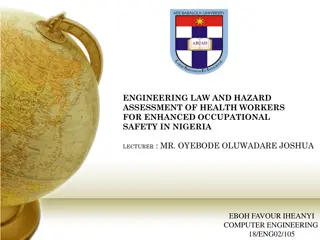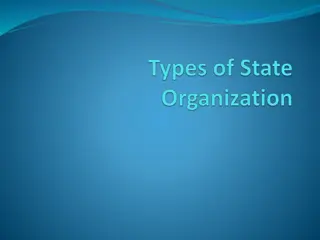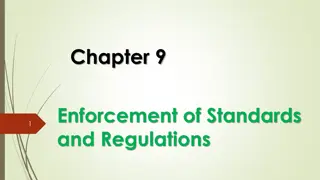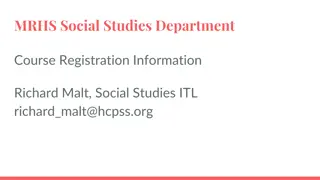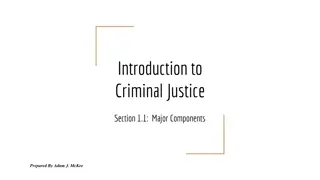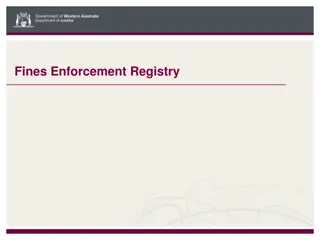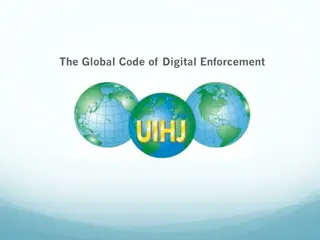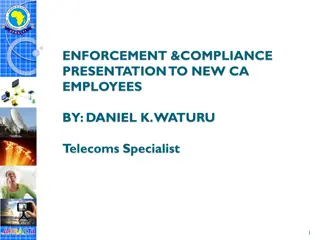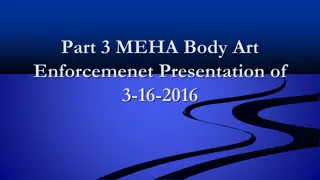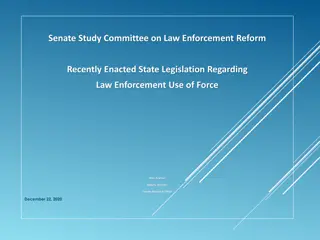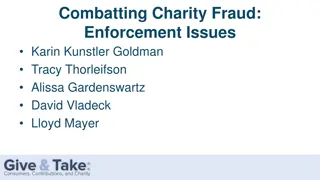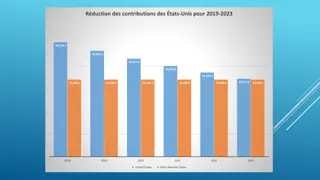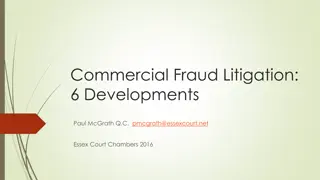Understanding Recent Enforcement Efforts in the United States
Recent enforcement actions in the United States have resulted in apprehensions of individuals, predominantly mothers with final removal orders. Due process concerns have been raised, leading to appeals and stays of deportation. Motivations behind these actions range from policy guidance to political reasoning. Knowing who is a target and how to reduce the risk of deportation are crucial in navigating the current immigration landscape.
Download Presentation

Please find below an Image/Link to download the presentation.
The content on the website is provided AS IS for your information and personal use only. It may not be sold, licensed, or shared on other websites without obtaining consent from the author. Download presentation by click this link. If you encounter any issues during the download, it is possible that the publisher has removed the file from their server.
E N D
Presentation Transcript
Recent Enforcement Efforts in the United States: A Call to Action
Recent Enforcement Actions What? January 2nd-4thICE apprehended 121 individuals in Texas, North Carolina, Georgia Who? Mostly mothers who had final orders of removal who had arrived after 1/1/2014 Why? Enforce the laws? Deter migration? What s next?
Due Process Concerns Exist for These Families January 2016: CARA appeals 12 enforcement cases to BIA and wins stays of deportation for 33 people January 26: Southern Poverty Law Center finds problems with many of the efforts January 28: Women write letters to President Obama
What Is Motivation for the Actions? Policy Guidance: DHS Policies for the Apprehension, Detention and Removal of Undocumented Immigrants Memo-11/20/2014 Political Reasoning? Timing Rationale?
Who Is A Target? If you don t fall into one of the three categories identified by the government as priorities for deportation, there is less chance that ICE will pick you up to deport you. However, DHS has said that there will be more deportations, in keeping with these priorities President Barack Obama established: 1. People who are considered a threat to national security, to border security, or who have been convicted of serious crimes, such as participation in a gang. 2. People who have been convicted of specific types of other crimes, such as drug trafficking or sexual abuse. 3. People who were issued deportation orders after Jan. 1, 2014.
How to Reduce Your Risk of Being Deported? If you are in the process of seeking asylum or any other type of legal status, continue to go to appointments with immigration authorities and judges. If you move, be sure you notify ICE and the Executive Office for Immigration Review. Don t break the law. If you haven t spoken to a qualified attorney or BIA accredited representative about your legal status, seek help from one. You may learn there are options for improving your legal situation. Find a local CLINIC affiliate here: www.cliniclegal.org/affiliates/directory.
Know Your Rights Do not open the door to immigration agents or police unless they have a legal document with your name on it. Ask them to slip it under the door before you admit them. Tell your children not to open the door. Remain silent. You do not have to answer their questions. Do not sign anything and ask to speak with an attorney or legal representative.
Advocacy to End Family Detention and Stop Enforcement Actions Against Families 1) Policy Ask: Tell the White House: STOP DETAINING FAMILIES STOP TARGETING FAMILIES 2) Community Ask: Work to Assist These Families in Your Community- Welcome, Accompaniment, Legal Services 3) Awareness Ask: Educate your fellow parishioners about recent enforcement actions
Questions Ashley Feasley, Director of Advocacy afeasley@cliniclegal.org




